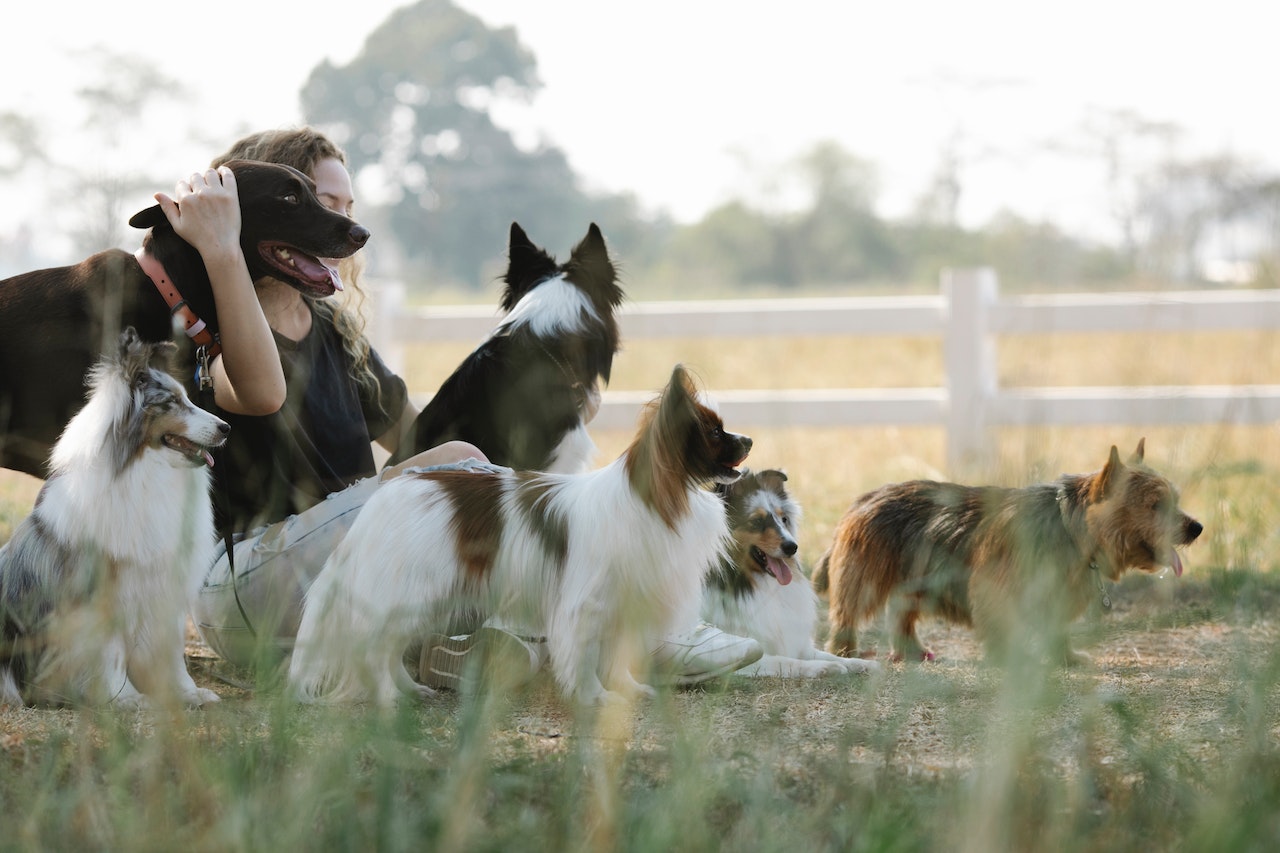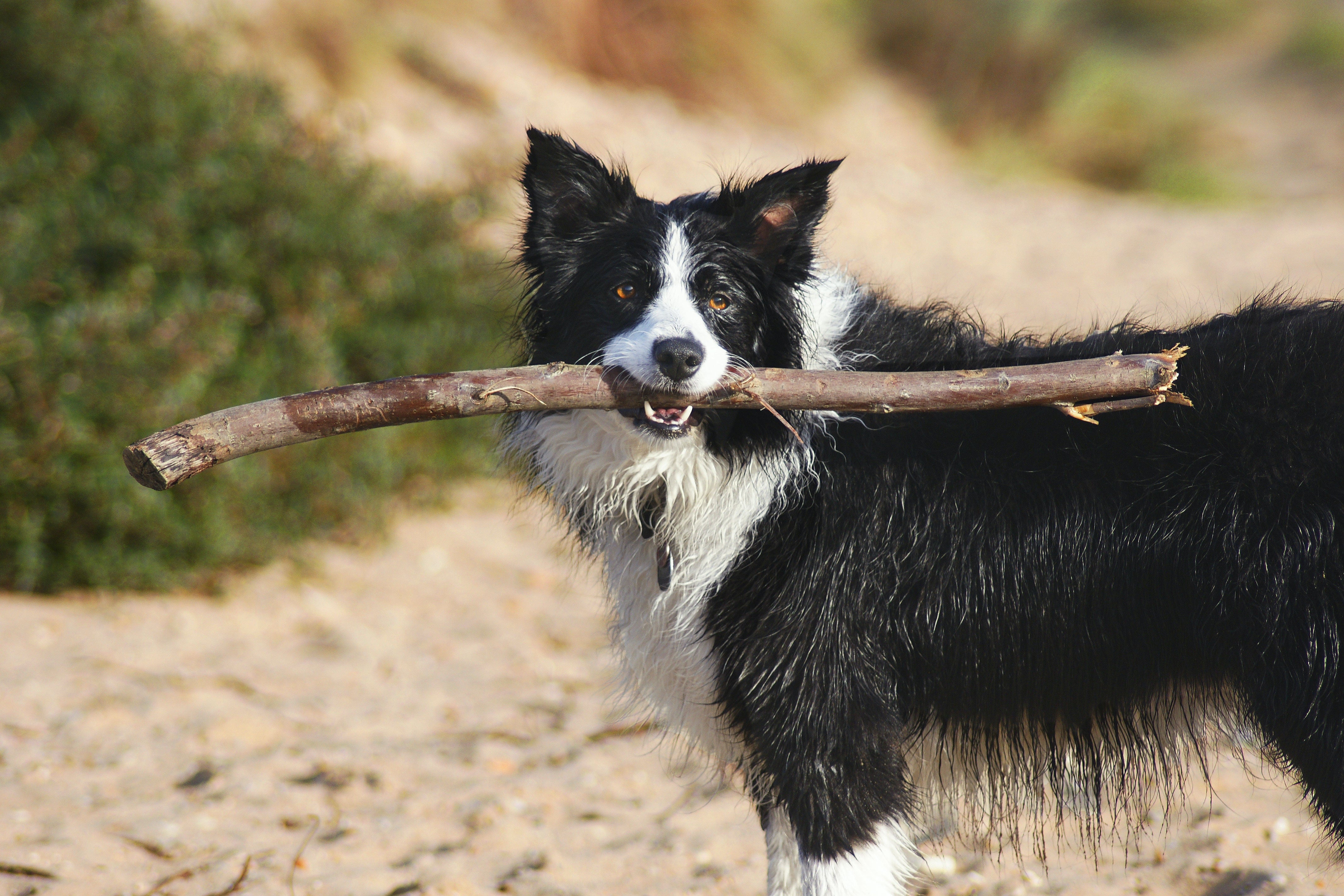Choosing the right dog can be a rewarding experience, but it can also be overwhelming with so many breeds to choose from. Each breed comes with its unique set of characteristics, energy levels, and care requirements, so it's essential to take your time and make an informed decision. In this blog post, we'll guide you through the process of selecting the right dog breed that complements your lifestyle, ensuring a happy and harmonious relationship for many years to come.
Assess Your Lifestyle
The first step in finding your ideal canine companion is to assess your lifestyle honestly. Consider your daily routine, activity level, and how much time you can devote to your dog's needs. If you're an active person who enjoys hiking, running, or playing outdoors, a high-energy breed might be a good fit. On the other hand, if you prefer a more laid-back lifestyle, a calmer breed that requires less exercise might be more suitable.
Breeds for Active Lifestyle:
Labrador Retriever: Energetic, friendly, and great for active families or individuals who love outdoor activities.
Australian Shepherd: Highly intelligent and agile, perfect for those who enjoy training, agility sports, and hiking.
Border Collie: Extremely intelligent and energetic, ideal for those who can provide mental stimulation and regular exercise.
Breeds for Laid-back Lifestyle:
Bulldog: Bulldogs are easygoing and enjoy lounging around with their owners. They don't require a lot of exercise and are happy with short walks.
Shih Tzu: Shih Tzus are small and adaptable dogs that are comfortable in smaller living spaces. They enjoy cuddling and don't need much exercise.
Cavalier King Charles Spaniel: Cavaliers are affectionate lap dogs that enjoy lounging with their owners. They are content with moderate exercise and indoor play.
Space and Living Situation
Your living situation and available space also play a crucial role in choosing the right dog breed. Some breeds thrive in a spacious yard, while others adapt well to apartment living. Larger dogs, such as Great Danes or Saint Bernards, might not be ideal for small living spaces, but smaller breeds like Chihuahuas or French Bulldogs can thrive in more confined environments.
Allergies and Shedding
If you or a family member have allergies, consider hypoallergenic breeds that produce fewer allergens and shed less. Breeds like Poodles, Bichon Frises, Maltese, Irish Water Spaniels and Schnauzers are often recommended for allergy sufferers.
Temperament and Compatibility
Understanding a breed's temperament is essential in finding a dog that will be compatible with your lifestyle and family dynamic. Some breeds are more outgoing and affectionate, making them great for families with children. Other breeds may be more independent and reserved, better suited for individuals or couples seeking a more low-key companion.
Family-Friendly Breeds:
Golden Retriever: Friendly, patient, and good-natured, making them great companions for families with children.
Beagle: Playful, sociable, and good with kids, ideal for families looking for a medium-sized breed.
Bulldog: Gentle and affectionate, they are excellent choices for families seeking a loyal and easy-going pet.
Grooming Needs
Different breeds have varying grooming requirements. Some dogs have long, luxurious coats that require regular brushing and grooming, while others have short, low-maintenance coats. Consider how much time and effort you are willing to invest in grooming your potential furry friend.
Low-Maintenance Grooming:
Dachshund: Short-haired variety requires minimal grooming, making them low-maintenance pets.
Boxer: Short coat with minimal shedding, perfect for families seeking a low-grooming breed.
Whippet: Short, smooth coat requires minimal grooming, great for busy individuals.
Training and Socialization
All dogs require some level of training and socialisation, but certain breeds are more trainable than others. If you're a first-time dog owner or prefer a dog that's easy to train, look for breeds known for their intelligence and eagerness to please, such as German Shepherd, Golden Retrievers, Doberman Pinscher, Shetland Sheepdog or Border Collies.
Lifespan and Long-term Commitment
Dogs can live for well over a decade, and some breeds even longer. Make sure you're prepared for the long-term commitment of caring for a dog throughout its life. Owning a dog is a substantial responsibility, and you should be ready to provide love, care, and attention for many years to come. Here are the average lifespans of some popular dog breeds:
Labrador Retriever: 10 to 14 years
Golden Retriever: 10 to 12 years
German Shepherd: 9 to 13 years
Bulldog: 8 to 10 years
Beagle: 12 to 15 years
Poodle (Standard, Miniature, Toy): 10 to 18 years (varies by size)
Yorkshire Terrier: 12 to 15 years
Boxer: 10 to 12 years
Dachshund: 12 to 16 years
Siberian Husky: 12 to 15 years
Shih Tzu: 10 to 18 years
Chihuahua: 14 to 16 years
Rottweiler: 9 to 10 years
Dalmatian: 10 to 13 years
Great Dane: 7 to 10 years
Choosing the right dog breed is a significant decision that can greatly impact your life and the life of your new furry friend. By assessing your lifestyle, living situation, and preferences, you can find a breed that matches your energy level and temperament. Take your time to research different breeds, visit shelters, and meet with breeders to find the perfect match for your family. Remember, every dog is an individual, and even within a breed, personalities can vary. No matter the breed you choose, providing love, care, and attention will result in a strong bond and a fulfilling companionship that will enrich your life for years to come.




Leave a comment
This site is protected by hCaptcha and the hCaptcha Privacy Policy and Terms of Service apply.